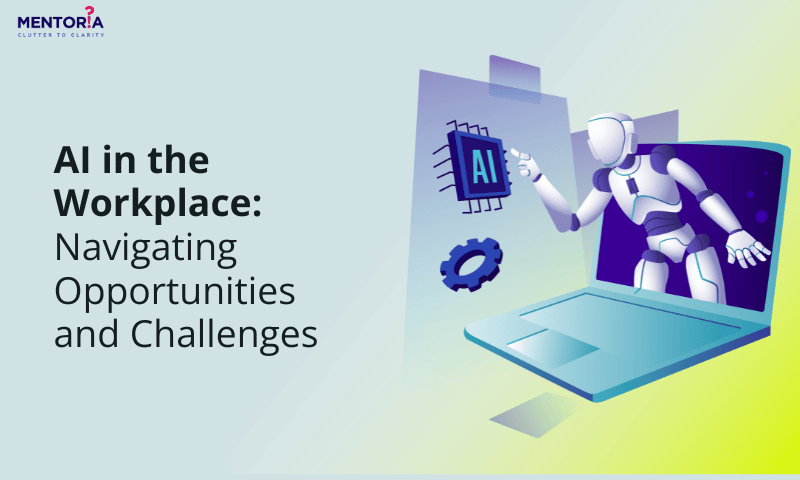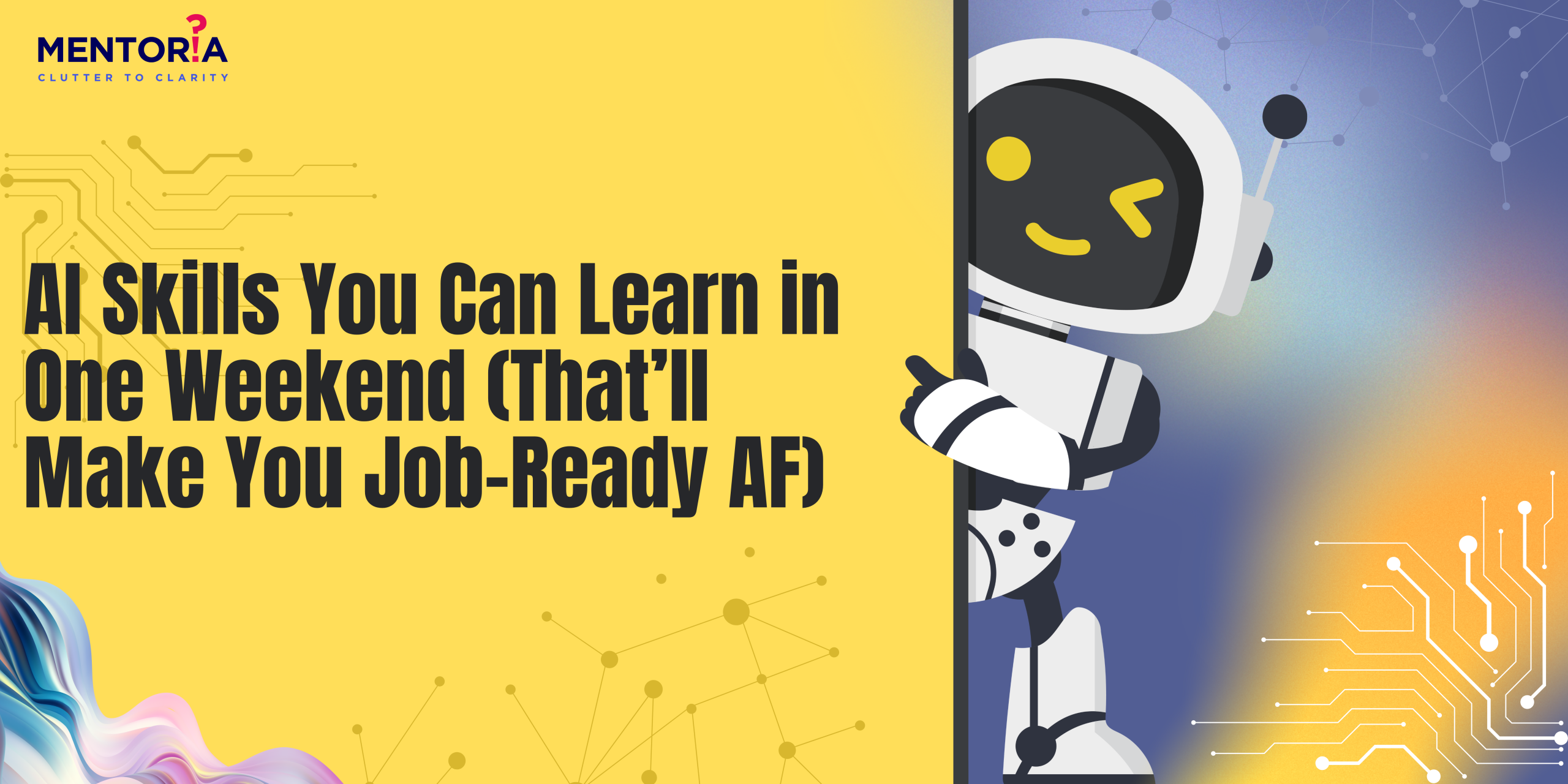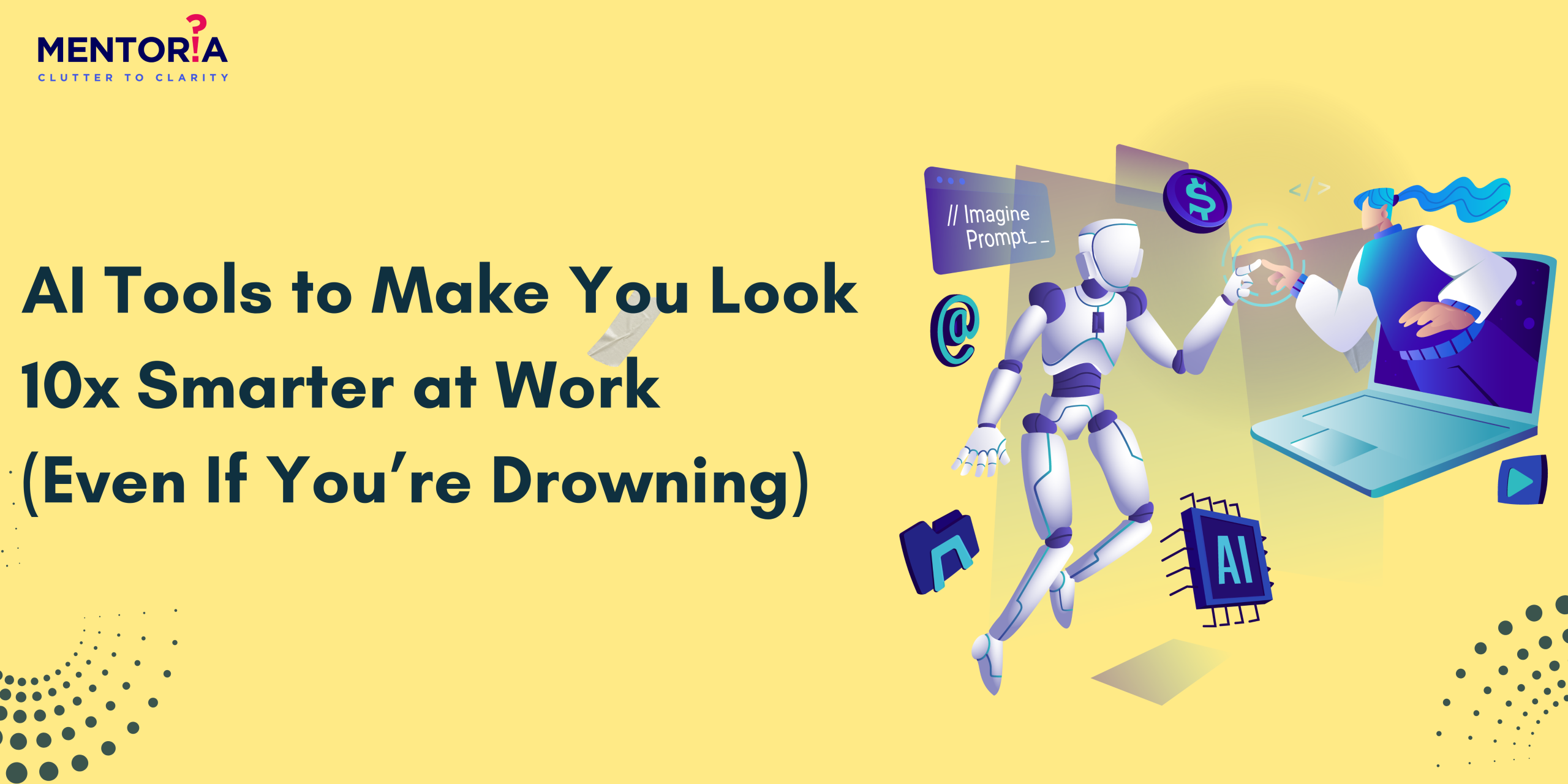AI in the Workplace: Navigating Opportunities and Challenges

In the workplace, artificial intelligence (AI) is posing both benefits and challenges due to its rapid evolution. The adoption of AI technologies has transformed how organisations run, having an impact on numerous industries throughout the world. The use of AI in the workplace has spurred discussions about how it can disrupt established employment roles in the United Kingdom (UK), needing a rigorous evaluation of its consequences. This article explores the controversy surrounding AI in the workplace and considers whether it is a recent crisis or a persistent problem.
Artificial intelligence (AI) integration in the workplace has ushered in a disruptive era and promised previously unheard-of efficiency and productivity gains in a variety of industries. The UK is at the vanguard of this technological revolution, where artificial intelligence (AI) is viewed as a potential engine for competitiveness and economic progress. Along with the possibilities, there are worries about how AI will affect jobs, work responsibilities, and societal dynamics. This article dives into the debate around AI in the workplace in the UK with the goal of determining whether it reflects a recent crisis or an ongoing problem that is deeply woven into the fabric of the changing workplace. We want to comprehend the complex interplay between the enormous potential of AI and the need to successfully manage its ramifications through a thorough analysis.
AI’s Potential to Transform the Workplace
Artificial intelligence (AI) tools like machine learning and natural language processing have a huge potential to increase productivity and efficiency at work. AI can automate time-consuming, repetitive processes, freeing up human resources to work on more strategic and difficult tasks. Businesses can gain useful insights from predictive analytics powered by AI, which can then be used to allocate resources and make decisions. As a result, AI has the potential to stimulate economic growth and improve company competitiveness in the UK.
AI’s Potential Challenges for the Workplace
Job displacement: The possible loss of jobs due to AI in the workplace is one of the main worries. Routine tasks may be replaced by automation, which could result in job losses for humans in some sectors. Fears of unemployment and economic instability have increased as a result.
Skill Gap and Reskilling: The quick development of AI calls for a parallel development in workforce capabilities. People will need to learn new skills or modify their current ones for many existing jobs in order to use AI technologies efficiently. Retraining and upskilling the workforce to be relevant and competitive is the challenge.
Ethical and Social Concerns: The use of AI in the workplace creates ethical concerns about privacy invasion and bias in algorithms. To preserve trust and uphold society norms, it is essential to ensure that AI is developed and deployed in an ethical and responsible manner.
Access and Inequality: Not all organisations or people have equal access to AI technologies and the tools needed to capitalise on their advantages. This presents a problem for policymakers since it widens the digital divide and accentuates already existing inequality.
Job Evolution and Redefinition: Rather of entirely replacing employment, AI is more likely to alter them. Jobs will change, needing workers to manage AI systems, work with them, and understand their results. It is a significant task to adjust to these changes.
Taking up the Challenges
Education and Training: Governments, educational institutions, and businesses must make investments in education and training initiatives that provide people the knowledge and abilities they need to collaborate with AI. Initiatives for lifelong learning can help close the skills gap and guarantee ongoing professional development.
Regulation and Standards: It is crucial to establish precise rules and guidelines for the moral application of AI in the workplace. This covers policies for fair algorithms, data privacy, and openness in AI decision-making.
Inclusive Access to AI: Efforts should be taken to ensure that all businesses, especially small and medium-sized ones (SMEs), have equal access to AI technologies. AI adoption can be influenced by incentives and support systems, which would help level the playing field.
Research and Innovation: Promoting cooperation between business, academia, and government can promote AI innovation and research. The workforce and the economy can both benefit from this collaboration’s ability to address problems and provide solutions.
Promoting cooperation between business, academia, and government can promote AI innovation and research. The workforce and the economy can both benefit from this collaboration’s ability to address problems and provide solutions. Unavoidable issues include the potential loss of jobs due to automation and the need to retrain and upskill the workforce to meet the demands of changing job roles. In order to successfully navigate the complex world of AI integration, it is crucial to address ethical and societal issues about the responsible use of AI, guarantee equitable access and opportunity, and build a collaborative atmosphere for innovation.
In the end, the way forward is to deploy AI strategically and responsibly while also taking proactive steps to reduce any potential negative effects. The UK can maximise the benefits of AI in the workplace while promoting a happy coexistence between natural intelligence and artificial enhancement by placing a high priority on education, legislation, diversity, and collaboration.
Upping the Ante with Mentoria
By working together, workers, businesses, and policymakers can ensure that AI is used to create a more prosperous and inclusive future for all. Mentoria can help you to identify the tasks that are most likely to be automated by AI and the skills that you will need to develop in order to stay ahead of the curve. Mentoria’s mentorship program can also connect you with mentors who have experience working in the AI-powered workplace. These mentors can provide guidance and support as you navigate your career.









